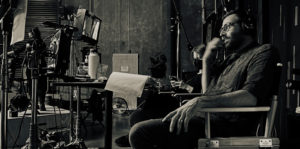
Sarah: Interestingly, Salome [who plays Yael, the director] came into the film the night before. We had to replace the actor who was initially cast in that role. It put her in a position where she had to learn some of it [through the filming]…and a lot of it is probably because of her background, which has a lot of history…I am talking for you, Salome…I am going to let you do it.
Salome: I was born in Iran. I am not religious, but I have issues with the authorities there, how you’re forced to be a Muslim in Iran, and how they treat women. But, anyway, it was interesting [to be a part of the film]. I had no idea what I was getting myself into. Even when I was reading the script, I was really confused. It was very heavy. And I was trying to figure out what my role was. But I guess we worked through it.
Sarah: I want to cue you in here on something. You came working for BBC. I felt like your perspective didn’t just come from Iran or the UK, but also as someone who has done reporting in news and journalism. It added a substantial new dimension to that role, especially in learning about Juliano on the fly.
Salome: Yeah. It’s just that my opinions on the Israel-Palestine conflict are so mixed. On the one hand, I really supported the people of Palestine and their plight. And on the other hand, I was in love with this Israeli guy, and I went to the country and eventually fell in love with that place. So there was a conflict in my opinions as I have always fought for both sides depending on who I was talking to. But, my background as an Iranian, as a BBC worker, which is complicated among Iranian citizens as they feel the platform sides with the government, enriched the character. There was a lot of reading into it. And at times, I felt confused about who I was representing – the United Kingdom, the United Nations, or maybe I was just playing God, a protagonist, and playing with all these people in that situation.
Salome, your role also intrigued me differently, apart from the opinions and beliefs you might have had when playing the part. In the film, you play a director. You are holding the whole narrative together by managing the audition process and the actors’ conversations. It resembles the duties of a director, who holds the entire crew together while managing the production process. How did you develop that aspect of the character? And how was your on-set relationship with Michael because he is the actual director of “Yes. Repeat. No.”?
Salome: Michael helped me so much in terms of directing me. I was lost initially and didn’t know what I was doing. I discovered the character as we were filming, and I finally truly discovered her on the last day. But, of course, Michael was doing his magic. I don’t think we had any issues or disagreements while filming. It was very collaborative, and the whole process was very gentle. I think I was really nudged at certain points.
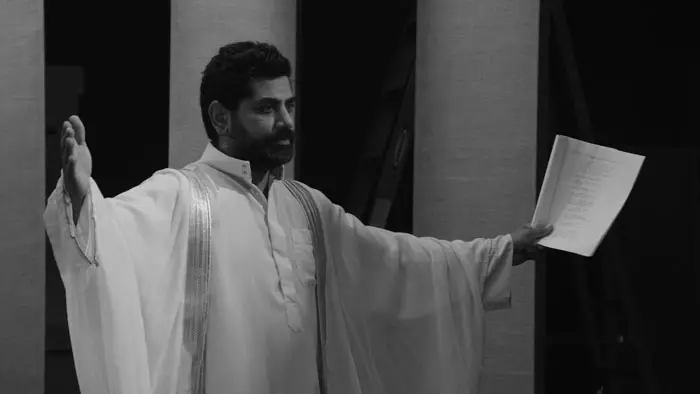
“…allows you to discuss a matter that people won’t discuss. You can be crass and offensive and yet come off as humanistic.”
Michael: There were moments when Salome was asking me specific questions, and I didn’t necessarily have any answers. I knew the part was written as someone having control over these characters. Beyond that, I think a lot about it was discovered on set, just like it happened with all the other actors. A lot of the film is what we were living and breathing while on stage. We didn’t have a finished script. Everybody contributed. For example, Sarah interjected with many interesting citations from political leaders.
Karim: Yeah. Sarah provided us with a wealth of research and citations to pick from. She would send me articles in the evening, sometimes material up to two hours of reading time.
Sarah: [Jokingly] Jesus, I’m sorry! Coming closer to our discussion, I feel that what Salome did, in much sense, resembles the British aspect that we have talked about. It’s like, so much of what happened in Israel’s establishment, the United Kingdom wasn’t rightfully aware of its role or involvement at the time. And I feel it’s this part that the confusion of that character had to mean. It’s tough for an actor to portray [that conflict], and I think Salome was ideally suited for that.
Karim and Mousa here have portrayed minor roles in Munich. Munich is a vague example to reflect the numerous productions made across the globe that have touched upon the long-standing conflict but haven’t been able to get into the depth of it. How much do you think a conceptual film like this makes a difference in telling such grave topics, which are often sensationalized in commercial films?
Mousa: Munich, to me, wasn’t a film about Israel or Palestine. Munich was rather about a man who faced a moral dilemma due to his government’s actions. It didn’t dive into the whole situation but questioned Israel’s actions. I think Munich is a great example here because of the kind of heart that is this film because this film is so experimental in style. Michael’s vision is that it gives everyone the freedom to talk about it. And throw in the most humanistic aspects from this man’s [Mer-Khamis] life, in which the subtext is that he always represents a different version of himself – being from Israel, Palestine, and in between. So, this kind of film allows you to discuss a matter that people won’t discuss. You can be crass and offensive and yet come off as humanistic. And you can see that mirror in my and Karim’s character, who seems to be almost murdering one another but eventually engage in such a humane ordeal by the end. For me, that’s the definition of how one can explain Israel and Palestine.
Karim: I have been thinking about this for a long while. As Mousa said, we are thrown into such films, which are sometimes thematically political. I could never answer that question for myself or an individual perspective. I think my experience is that you can show an object to people, and there is never, even if it’s completely spelled out, a standard view of what’s being transmitted. There’s the thing that Obama said about different information universes.
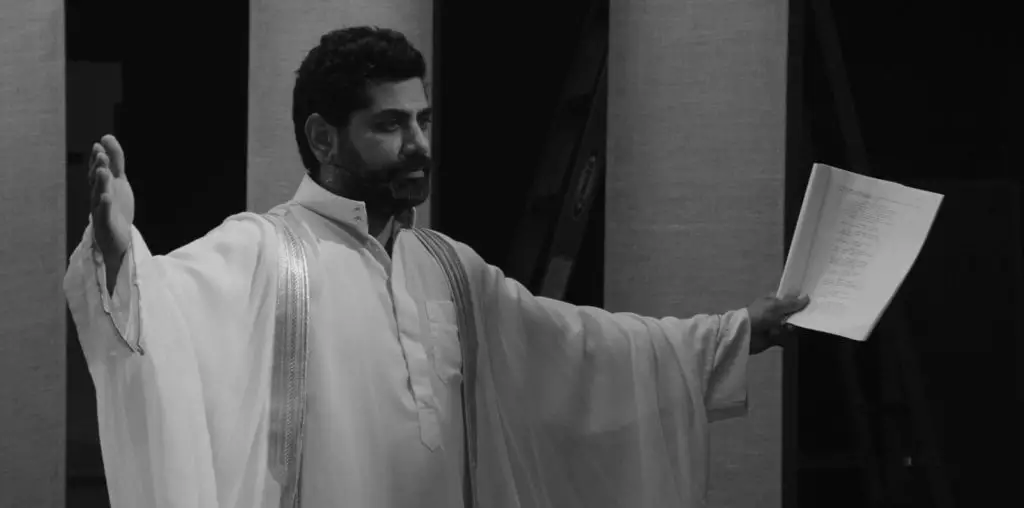
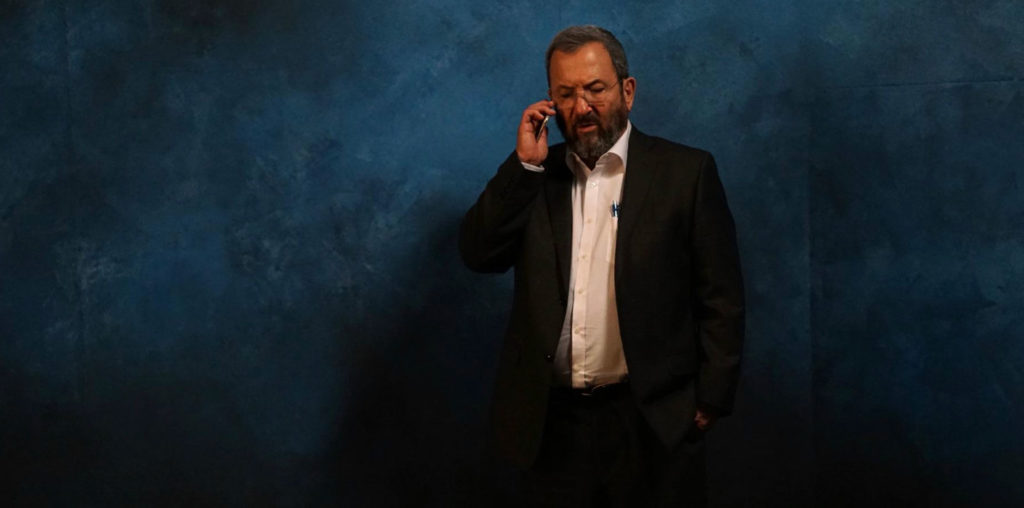
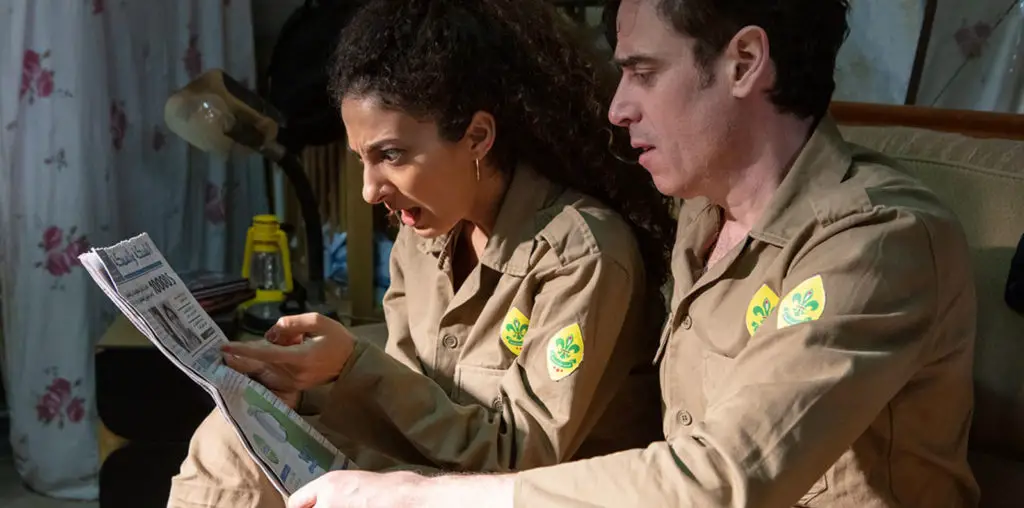
[…] Source link […]